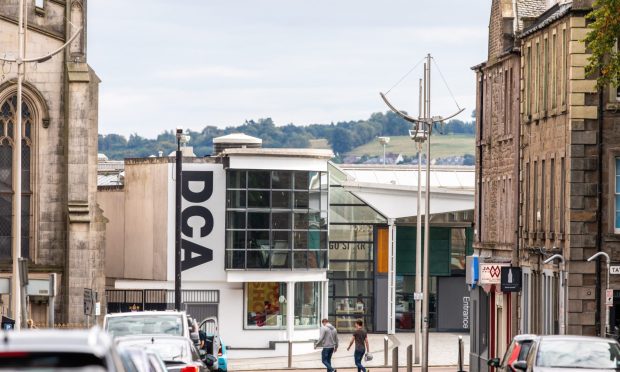I’ve never seen a situation so bad that a policeman couldn’t make it worse.
Those were the pithy words of Irish writer Brendan Behan, though I don’t think he was referring to American policemen at the time, nor their tear-gas reaction to peaceful protesters.
But it is a quote that greatly amused me when I first heard it.
I like quotes. I enjoy discovering clever phrases that provoke me to think. I can’t remember when I heard the words: “everyone wants to be different and I’m the same”. But I have never forgotten them.
There are famous quotes from great men and women. “We shall fight them on the beaches”, or “Ask not what your country can do for you . . .” These are pieces of history. Then there are funny quotes, like the words on Spike Milligan’s gravestone: “I told you I was ill”. Quotes that make you laugh are often memorable.
I’m not alone in liking quotes. I don’t use Facebook much, and wouldn’t know one end of an Instagram from the other, but I know these platforms are paved with inspirational sayings. Or, at least, they are supposed to be inspirational. Most are either cloyingly twee or blatantly obvious. You know the sort of thing: “you might kiss a lot of frogs before you find a prince” or “There’s no I in team”.
Though hackneyed from overuse, these were clever words when originally said. They are virtually meaningless now. Again, it is because they long ago became clichés.
For all of us, the difference between a good quote and a trite cliché is whether the idea has been suggested to us before. This is a cynical way to view the world, I admit. But it is true. A lot of true things are highly cynical.
The best quotes are ones that make you see some person, some thing, some situation in a new light. They are truly clever pieces of original thinking, succinctly put, that stir something within you.
On any subject this will only happen once in your lifetime. You can hardly be surprised by a new idea twice.
If I had to dredge up a memorable quote about quotes, it would be: “good ideas give you good ideas”.
Therefore, I demand two things before I regard a quote as a good quote. Firstly that it be starkly true. Secondly that it shows the landscape from a different angle. Thirdly, that it contains a modicum of wit.
Word of the week
Mimesis (noun)
Imitation of another person’s words, mannerisms, or actions. EG: “Quotes are a mimesis of greater thinkers’ greater thoughts.”
Read the latest Oh my word! every Saturday in The Courier. Contact me at sfinan@dctmedia.co.uk










